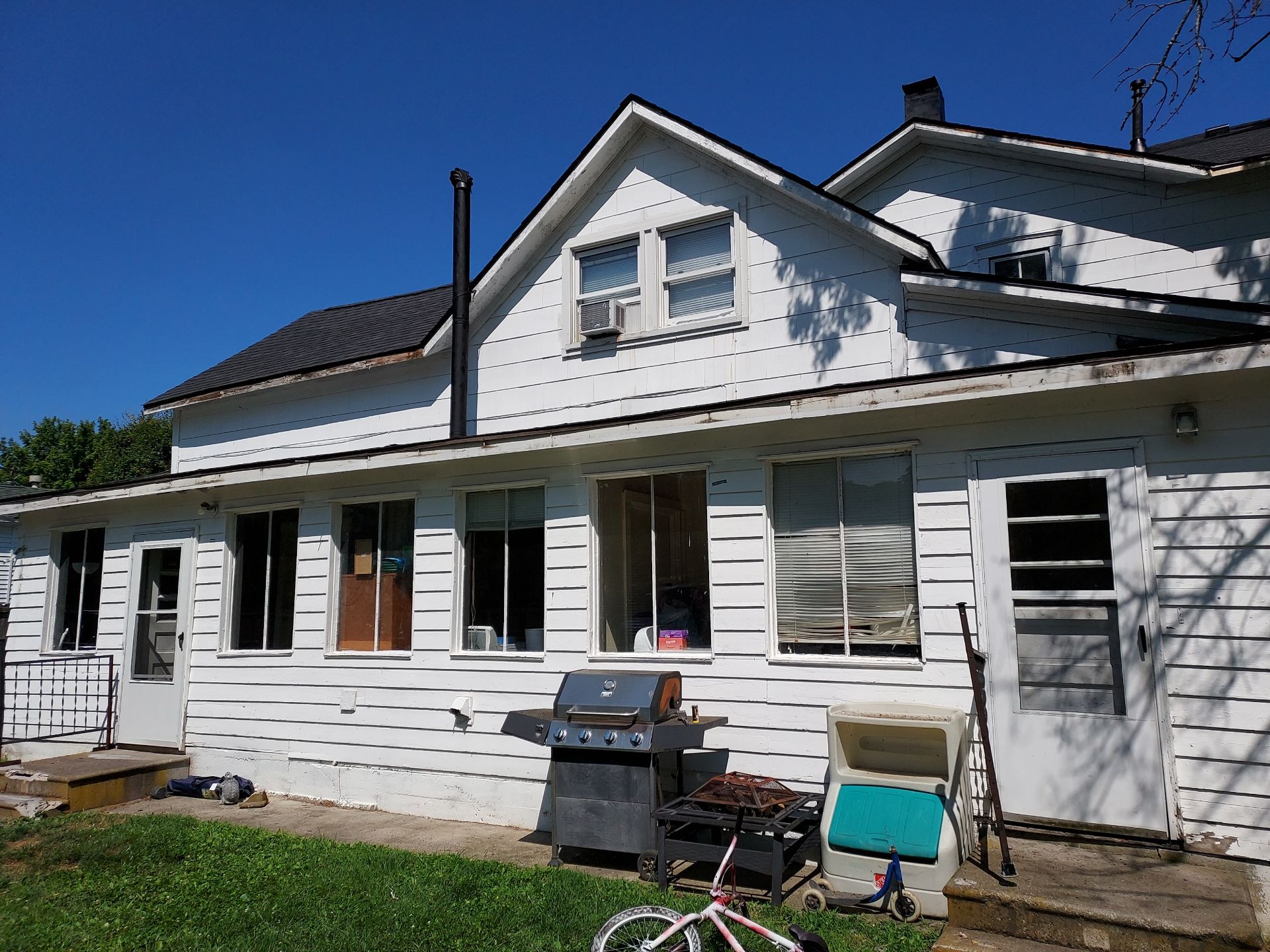Buying a New Home? How a Roof Inspection Can Save You Money
When you’re in the process of buying a new home, it’s easy to get swept up in the excitement of imagining your future life there. However, behind the beautiful curb appeal and freshly painted walls, there might be hidden issues that could cost you a fortune in the long run. One of the most critical parts of any home is its roof. A professional roof inspection, often overlooked, can save you thousands of dollars and spare you from future headaches. Here’s how.
Identifying Hidden Issues
While a roof might look fine at first glance, a professional inspection can uncover hidden issues that are not visible to an untrained eye. Common problems include:
- Leaks and Water Damage: A tiny leak can eventually lead to extensive water damage, mold, and structural issues.
- Shingle Damage: Missing, cracked, or curling shingles can compromise the roof’s ability to protect your home.
- Structural Weakness: Sagging areas or soft spots might indicate underlying damage to the roof deck or support structure.
- Ventilation Problems: Poor roof ventilation can lead to trapped moisture, which accelerates wear and tear.
Identifying these problems before closing on the house gives you the upper hand to negotiate repairs or adjust the purchase price accordingly.
Negotiating Power
Once a roof inspection reveals issues, you can use the findings to negotiate with the seller. For instance:
- Request Repairs: The seller may agree to fix the issues before closing.
- Price Reduction: If the seller isn’t willing to handle the repairs, you can negotiate a lower purchase price to account for the cost of fixing the roof.
- Credit at Closing: Another option is to request a credit at closing, giving you funds to address the repairs after moving in.
Without an inspection, you’re buying the home “as is,” which means you’re responsible for any unexpected repair costs.
Preventing Expensive Repairs
Roof repairs and replacements are among the most expensive home maintenance costs. A new roof can cost anywhere from $5,000 to $20,000 or more, depending on the size of the home and the materials used. Catching potential problems early through a roof inspection can save you from these high costs.
For example, repairing a small leak might cost only a few hundred dollars if caught early. But if left untreated, that leak could lead to mold remediation, insulation replacement, and even drywall repairs, all of which can add up to thousands of dollars.
Ensuring Proper Drainage Systems
An often-overlooked part of the roof is its drainage system, including gutters, downspouts, and flashing. A professional roof inspection will evaluate whether these components are functioning properly. Poor drainage can lead to water pooling on the roof, which accelerates deterioration and increases the risk of leaks.
Replacing or repairing a gutter system might not seem significant, but it’s far less expensive than addressing water damage caused by poor drainage.
Assessing Roof Lifespan
Knowing the remaining lifespan of a roof is critical information for any homebuyer. Roof materials have varying lifespans:
- Asphalt Shingles: 20-30 years
- Metal Roofs: 40-70 years
- Tile Roofs: 50-100 years
If the inspection reveals that the roof is nearing the end of its lifespan, you can factor replacement costs into your financial planning or negotiations with the seller.
Checking Compliance with Local Building Codes
A roof inspection can also determine whether the roof meets local building codes. Older homes, in particular, might have outdated roofing materials or structures that no longer comply with modern safety standards. Bringing a roof up to code can be a costly endeavor, but knowing this information before you buy helps you make an informed decision.
Protecting Your Investment
Your home is likely one of the biggest investments you’ll ever make. A roof inspection is a small upfront cost that protects your long-term investment. By ensuring the roof is in good condition, you’re safeguarding your home against potential issues that could lower its value.
Additionally, a roof in excellent condition can improve your home’s energy efficiency, reducing heating and cooling costs. Well-maintained roofs provide better insulation and reflect more sunlight, which is particularly beneficial in warmer climates.
Avoiding Insurance Surprises
Homeowners insurance often requires that the roof be in good condition to provide coverage. If you purchase a home with a damaged or aging roof, you might face higher premiums or even have difficulty getting coverage. Worse yet, if an issue arises and the insurance company deems it a pre-existing condition, they may deny your claim altogether.
A roof inspection ensures there are no surprises when it comes to insuring your new home.
Peace of Mind
Buying a home is a major life decision, and the process can be stressful. Knowing that the roof—a critical component of the home—is in good condition provides invaluable peace of mind. You can move into your new home confident that you won’t be hit with unexpected repair bills.
How to Arrange a Roof Inspection
If you’re convinced of the benefits of a roof inspection, here’s how to get started:
- Hire a Qualified Inspector: Look for a licensed and experienced roofing contractor or home inspector who specializes in roofs.
- Ask for a Detailed Report: A thorough inspection should include photos, descriptions of any issues, and estimates for repairs.
- Time It with the General Inspection: Schedule the roof inspection around the same time as the general home inspection to streamline the process.
- Review the Findings: Discuss the results with your real estate agent to decide on the best course of action for negotiations or repairs.
Conclusion
A roof inspection is a simple yet powerful tool that can save you significant money and stress when buying a new home. By identifying hidden issues, giving you negotiation leverage, and preventing costly repairs, it ensures you’re making a smart investment. Don’t let the excitement of purchasing a home overshadow the importance of due diligence—a roof inspection is a small step that makes a big difference.
When buying your dream home, don’t forget to look up—because what’s above you could affect your financial future more than you realize.







